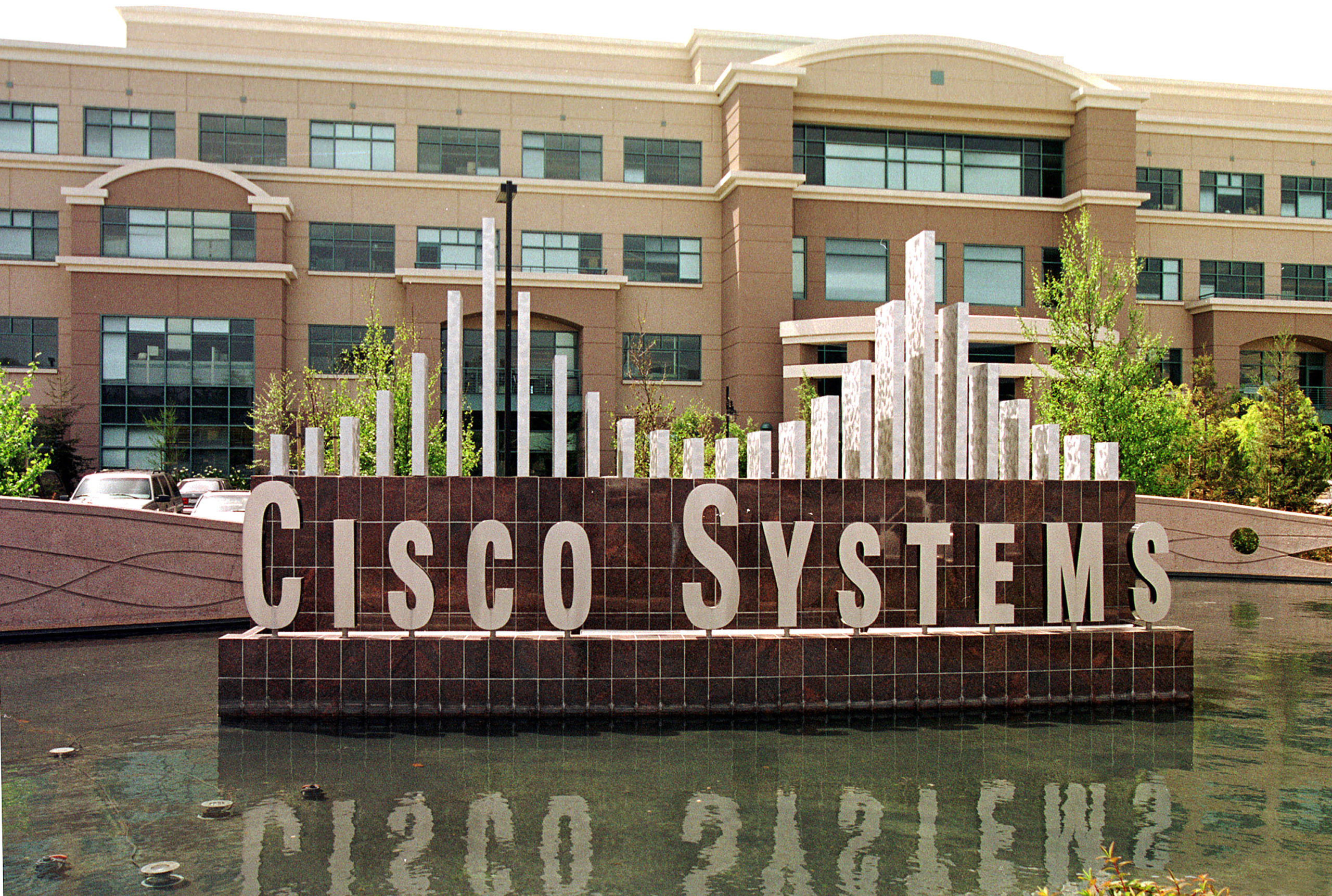Chipotle and Siemens may not appear to have much in common on first glance, but when it comes to their large and diverse workforces, they share a similar goal: to offer adult education and professional learning for their employees in an effort to build company loyalty, provide a career path for valuable talent and slow the rate of the Great Resignation as employees quit and switch jobs in record numbers. These learning and upskilling programs offer employees a wide array of options, ranging from high school diploma programs and college classes to courses teaching high-end computer networking skills and mentoring for future executives.
The two companies reflect a growing trend that centers learning in talent attraction and retention efforts: New research from consulting firm Willis Towers Watson, for instance, finds that the number of employers looking to equip their workers with new skills has grown nearly 70% just in the last three years. That’s amid a context of more than 80% that anticipate hiring challenges this year and three-quarters that expect struggles with retention.
Related: Why employees seek learning in times of crisis
Like the request to work remotely, the demand for employee learning is coming from the employees. According to performance-management platform 15Five’s 2022 Workplace Report, nearly half of American workers say clear career growth fueled by learning and development provided by an employer is one of the most important factors for them to remain at a company. More than three-quarters (76%) of employees say they work harder for an employer that shows it cares about their growth as a professional than one that doesn’t.
 Employers are opening up their wallets to address this challenge. Nearly half (49%) of organizations are increasing their learning and development spend in 2022, which is up from 41% in 2021, according to a survey of 300 HR leaders conducted by business tech provider Capterra. The survey also found that remote businesses boosted their L&D investment more than hybrid or on-site businesses and that high turnover from the Great Resignation is driving the decision to significantly increase L&D budgets this year.
Employers are opening up their wallets to address this challenge. Nearly half (49%) of organizations are increasing their learning and development spend in 2022, which is up from 41% in 2021, according to a survey of 300 HR leaders conducted by business tech provider Capterra. The survey also found that remote businesses boosted their L&D investment more than hybrid or on-site businesses and that high turnover from the Great Resignation is driving the decision to significantly increase L&D budgets this year.
Welcome to employee learning and upskilling’s moment.
Chip chats and iPads
For Tawanda Starms, vice president of talent and culture at Chipotle, employee education is just as vital an offering as any employee benefit. The restaurant chain extends many of its education benefits not only to its 90,000 full- and part-time employees but also their employees’ family members.

Chipotle provides a variety of educational offerings, from GED programs to higher education degrees via debt-free online learning solution provider Guild, which offers courses from University of Denver, E-Harvard and E-Cornell, among other online universities. The Mexican restaurant also offers online courses from Udemy and Unity for Business, a pair of on-demand educational platforms, and Better Up, a program for on-demand executive coaching.
Chipotle is also expanding its learning tech with the launch of a new learning management system this spring from Docebo, which counts L’Oréal Paris, Netflix and Samsung as clients. With Docebo, all employees in the U.S. and Canada will have access to the LMS and its library of classes. The platform can assign courses for employees from restaurant training to leadership learning and allows them the chance to take on-demand classes in areas that interest them.
In addition, the restaurant regularly holds what it calls Chip Chats, which employees can virtually attend to discuss company initiatives and job opportunities with company leaders and supervisors. At one recent Chip Chat, a Chipotle restaurant employee interested in working in tech was encouraged to email a senior technology officer about joining the company’s IT division, says Starms.
Related: How Macy’s hopes to drive employee retention with upskilling effort
Like other large employers focused on skilling in today’s tight labor market, Chipotle is keen to offer a variety of programs to serve employees’ differing learning styles. “Things such as gamification are really exciting to our employees. The ability for us to be able to push this learning out to employees and have it accessible on different platforms, such as iPads in the back of the house,” is critical for Chipotle, she says.
Chipotle’s education technology also allows the company to monitor data from employee training to gain insight into when employees prefer to take their courses. HR leaders can see which courses are popular and which are of little interest to employees.
 “You’ve got extrinsic and intrinsic ways of driving retention. The intrinsic is really the ability to engage with employees from a space of development and the X factor of caring about someone,” says Starms.
“You’ve got extrinsic and intrinsic ways of driving retention. The intrinsic is really the ability to engage with employees from a space of development and the X factor of caring about someone,” says Starms.
Siemens’ ‘Netflix of learning’
While many employers opt, like Chipotle, to purchase one or more third-party LMS platforms, technology giant Siemens built an in-house LMS for its 300,000-member global workforce. My Learning World, which went live in 2020, features an AI-powered tool that monitors employees’ interests and suggests courses for their career and skills development.

“We jokingly refer to it as the ‘Netflix of learning’ because it learns about you and it makes recommendations for your learning based on things that you’ve previously done,” says Jill Zahm, Siemens’ director of talent management.
That means that Siemens employees can choose their career route and the courses that will help them achieve that goal and possibly get that job. “They’ve been identified as [needing skills that] would be really helpful for them, so people aren’t training for the sake of training,” she says. (Siemens trained more than 6,700 apprentices last year and invested roughly $184 million in lifelong learning opportunities—an average of $650 per employee.)
“If you would’ve asked me a year ago who I thought would be taking advantage of these programs, I would have said our more junior level and our younger workforce,” says Zahm. “We’re seeing this being used [by a wide range of employees] because everybody is hungry right now to grow and develop after a couple of years of feeling a little sedentary from COVID.”
The tech fueling employee learning’s moment
All of these employee education efforts come from the same inspiration: Retaining talent is top of mind for HR leaders as recruiting is more competitive than ever before, says Jill Popelka, president of SAP SuccessFactors.

“Companies are being forced to prioritize the opportunities they can provide employees to attract and engage them. Today, people are eager to learn different skills, to grow within an organization and to contribute in new and exciting ways,” she says.
And employee learning doesn’t have to cost an arm and a leg. There are some services that employers can take advantage of for their employees without breaking the bank. One of the leading cloud certification education providers, Amazon Web Services (AWS), offers more than 500 cloud computing lessons for free and uses the popular Twitch social media gaming platform—think Facebook Live for gamers—as an online classroom. AWS hopes it is “fun, informal and interactive,” says Maureen Lonergan, vice president of training and certification for AWS.
While employers and HR leaders are expectedly proud of their employee education programs, it isn’t the final destination: They must ensure that an actual career path exists for employees.
 “Rather than fixate on the next skill or programming language their team needs to learn, HR and tech leaders should think more holistically about the career paths they’re establishing for employees within an organization,” says Jonathan Naymark, general manager of Codecademy for Business, an e-learning platform provider.
“Rather than fixate on the next skill or programming language their team needs to learn, HR and tech leaders should think more holistically about the career paths they’re establishing for employees within an organization,” says Jonathan Naymark, general manager of Codecademy for Business, an e-learning platform provider.
Employees are looking for simple and intuitive learning systems that offer personalized learning opportunities with clear objectives, according to SAP’s Popelka. Employees want to understand why and how they will benefit from a learning tool.
“The more a learning program can be tailored to the individual and become a natural part of an employee’s experience—whether that’s learning directly within a collaboration tool like Microsoft Teams or making it a part of their growth and development plan—the more likely that program will be successful,” says Popelka.
Chipotle’s Starms agrees. “We stay focused on creating an environment where employees can thrive, pursue their passions and become lifelong learners. They are engaging with us as an employer,” she says. “They do care about staying with us, and they’re proud to be Chipotle employees.”
How IBM, Cisco added more knowledge to a smart workforce

As CHRO for IBM, Nickle LaMoreaux gets to the point: “Continuous learning has become a key attribute of our culture.”
Seven years ago, IBM launched THINK40 employee education program for mandatory learning and skill upgrading. “This has created a workforce that is not only highly skilled but this also allows for internal career mobility,” says LaMoreaux.
“Even before the pandemic, technology was changing jobs—no longer could somebody enter the workforce and expect to have a career in just that skill set for 20, 30, 40 years,” she says. “As technology is evolving, new jobs are emerging, and we have to keep our skills fresh.”
 According to LaMoreaux, IBM’s “most avid learners” are 44% more likely to get promoted. “With reskilling and upskilling, people can grow with the company even as their jobs change,” she says.
According to LaMoreaux, IBM’s “most avid learners” are 44% more likely to get promoted. “With reskilling and upskilling, people can grow with the company even as their jobs change,” she says.
Last May, Cisco took its employees offline for four days to give them the chance to examine the areas of knowledge they would like to pursue. In response, Cisco created “dozens of new educational offerings,” according to Francine Katsoudas, CHRO for the networking giant.
“They were able to pick anything and everything that they wanted to get deeper in and we facilitated this. We probably put about 30 or 40 offerings out there” she says.
“We’re going to continue to get creative about how we focus on this for the company. It will be less about the individual and more about the system providing that opportunity to learn and develop,” she adds.

